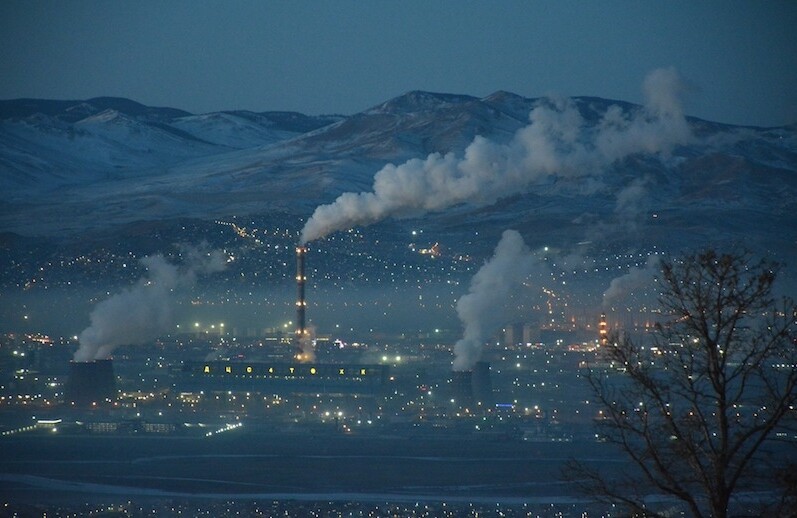This article originally appeared on the Ethics & International Affairs blog. For more on this subject, check out Henry Shue's recent Ethics & International Affairs article.
Eric Levitz has a fascinating and provocative post in New York magazine exploring how one can reach very different policy conclusions as to what to do about the impacts of climate change. In essence, the prevailing narrative has been framed by what we might see as universalist ethics—that to cope with climate change, we must adopt more cooperative efforts that will promote redistribution in order to share resources and counter the impacts of climate change on vulnerable populations in the future. But what happens if we adopt a different ethical framework?
One of the points we've been exploring in the U.S. Global Engagement project is the clash between different conceptions of policy ethics: to whom do policymakers owe first duties—to humanity in general and the future, or to immediate citizens in the short term? What Levitz's piece calls attention to is that, alongside proposals like the Green New Deal, climate change can produce platforms that focus, not on sharing, but on zero-sum approaches, where protecting one's "own" takes precedence. If we accept the most pessimistic reading of the scientific data:
Eventually, there won't be enough grain to keep a chicken in every pot, or at least not enough to maintain America's per-capita hamburger consumption, allow the Chinese middle-class to enjoy a rising standard of eating, and keep those in the most impoverished corners of the globe alive.
Looking at the rise of populist movements around the world, I don't see, particularly in countries that are electoral democracies, much support for enacting major limitations on middle-class lifestyles among those who already have them in order to safeguard the planet for future generations or to rebalance calorie counts among the world's population. While some of the rants at the recent Conservative Political Action Conference about Democrats "coming for your hamburgers" and equating this to Josef Stalin's mass killings may seem a bit unhinged, climate change has not yet reached the existential threat level of a "moral equivalent of war" (per Jimmy Carter and the energy crisis) whereby Americans would be prepared to make the same level of sacrifices that they did during struggles such as World War II. Indeed, as Levitz argues, fear of climate change may feed support for raising barriers and engaging in greater protectionism.
This also brings us to the question of what happens to the international order as climate change progresses. What happens when a sovereign country literally disappears (due to ocean rise) or becomes uninhabitable (due to desertification)? What measures will countries that sit on key resources but have small populations be able to employ to protect them from other countries that have larger populations but shrinking endowments? It bears remembering that climate shifts played a critical role in the mass migrations of peoples that brought down both the Roman and Han Empires, so it is not an outlandish question to ask how the current international order of sovereign nation-states might be impacted by shifts in environment and resource distribution.
Something for us to consider as we chart shifts in the international order—as well as the domestic politics of nations around the world.



